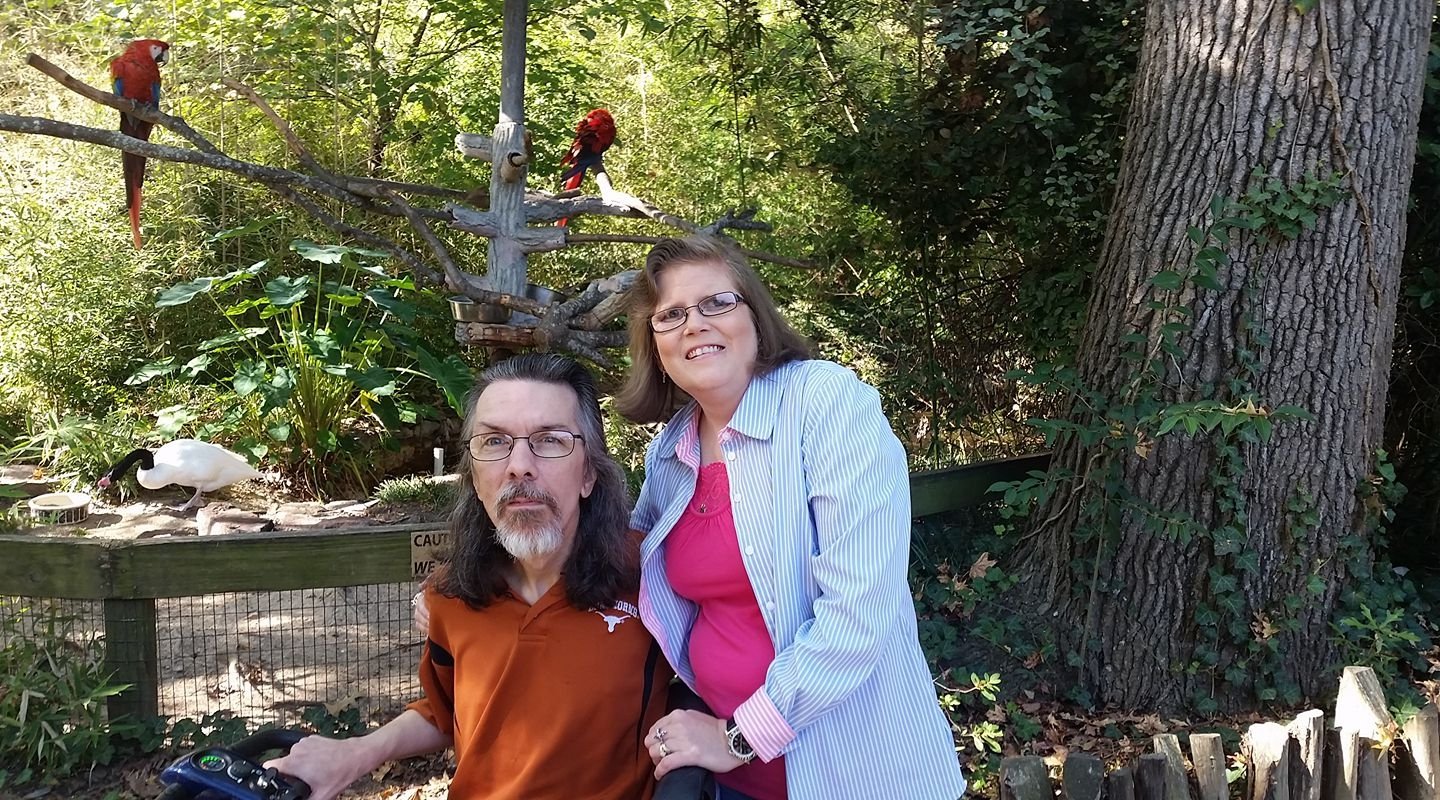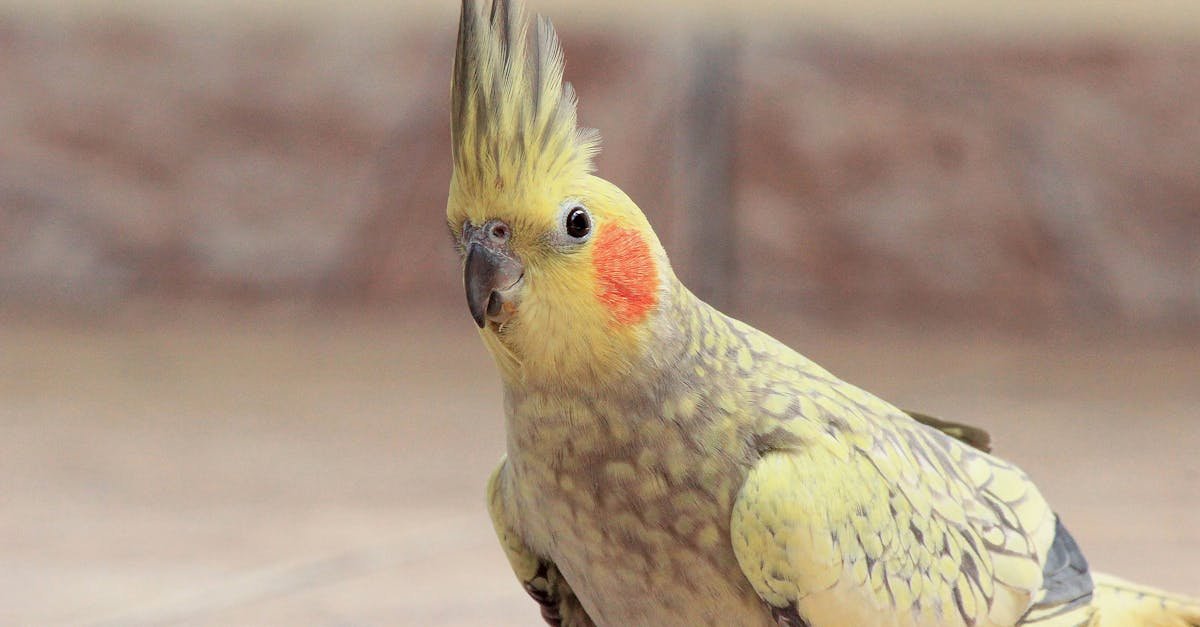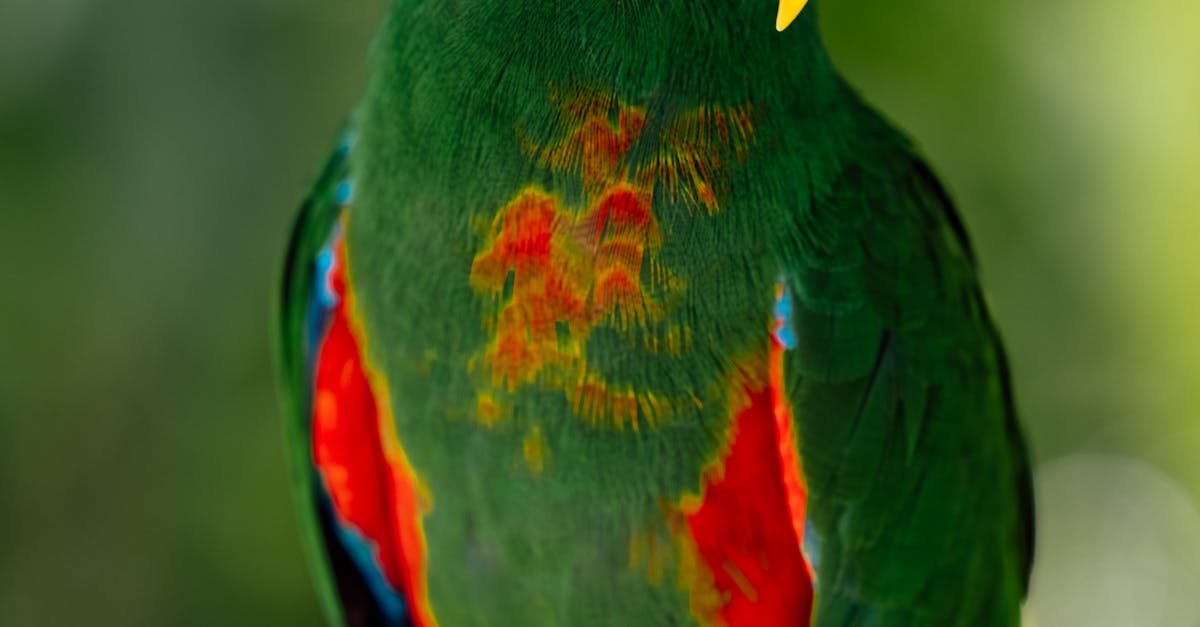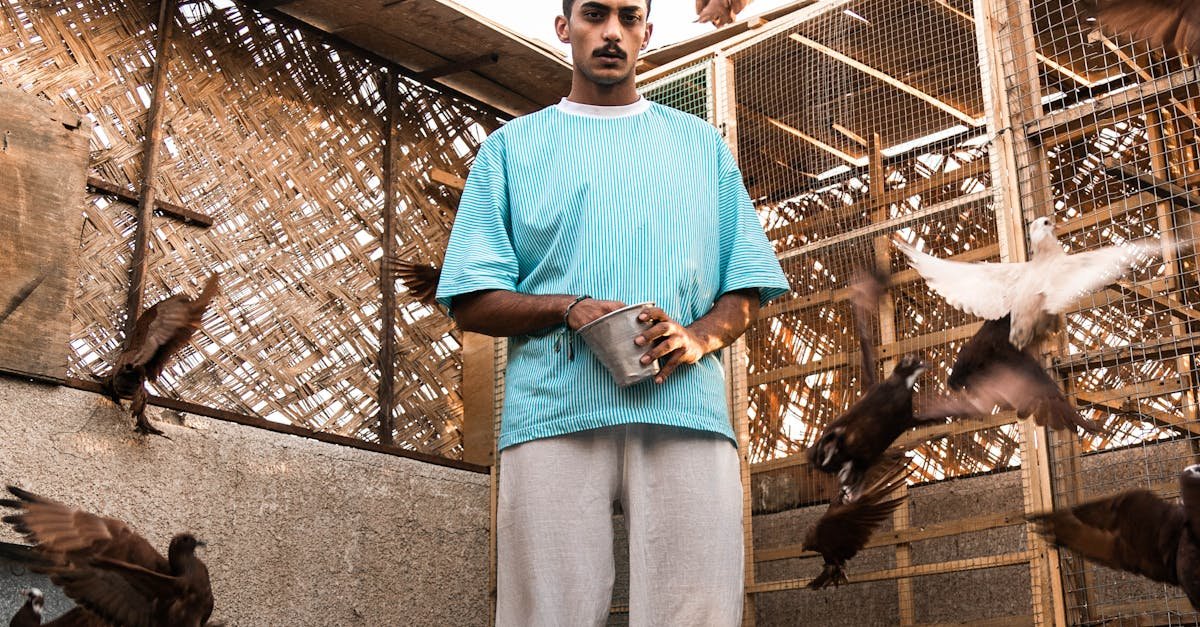Safe Alone Time Duration
Cockatiels can generally be left alone for a maximum of four to six hours during the day. This duration allows them enough time to engage in activities without becoming too bored or anxious. Birds thrive on social interaction, making prolonged isolation stressful for them. If a cockatiel is to be left alone for a longer duration, it may lead to behavioral issues such as feather plucking or excessive vocalizations.
Ensuring the bird has a stimulating environment is crucial. Leaving safe toys, offering puzzles, and providing a varied diet can help keep them occupied during your absence. Ideally, it is best to avoid leaving them alone for more than eight hours at a stretch, as extended periods without interaction could negatively impact their emotional well-being. Establishing a routine can also help them adjust to your schedule while maintaining a healthy state of mind.
View this external resource for great tips and advice.
General Guidelines for Leaving Cockatiels Alone
Cockatiels generally can be left alone for short periods. Most experts recommend a maximum of four to six hours during the day, as these birds thrive on social interaction. Their social nature means they become lonely and stressed if left without companionship for too long. Ensuring they have adequate toys and mental stimulation during this time can mitigate feelings of isolation.
If the time away extends beyond a single day, arrangements should be made to ensure their needs are met. A trusted friend or pet sitter can provide companionship, fresh food, and water. Routine is essential for cockatiels; thus, maintaining a consistent schedule helps them feel more secure. Preparing your bird for your absence is vital to prevent anxiety and behavioral issues during these periods.
Preparing for Time Away
Planning for your absence involves careful preparation to ensure your cockatiel remains comfortable and secure. Start by assessing the duration of your time away, as this will dictate the necessary arrangements. If you anticipate being gone for just a day or two, ensuring ample food and fresh water can suffice. In contrast, longer absences may require more in-depth planning, including potential caregivers or alternative arrangements.
Making your pet’s environment familiar and safe will help ease the transition. Place favorite toys within reach to keep your cockatiel entertained and mentally stimulated. Ensure that the living area is clean and safe, removing any items that could pose a risk. Lastly, consider leaving a piece of your clothing nearby; familiar scents can provide comfort in your absence, helping to reduce feelings of anxiety for the bird.
Tips for a Smooth Transition
Establishing a routine can greatly ease the transition for your cockatiel when you plan to be away. Begin by gradually increasing the amount of time your pet spends alone in small increments. This process allows them to adjust to being without your presence without feeling overwhelmed. Providing a consistent schedule for feeding and playtime can also help create a sense of stability, which is crucial for their emotional well-being.
Creating a comfortable environment is essential for your bird’s adjustment. Ensure that they have access to plenty of toys to keep them entertained, and consider placing their favorite perches or blankets in their cage. Additionally, leaving a radio or low-volume television on can provide background noise, making them feel less isolated. Familiar scents and sounds can contribute to their comfort and help alleviate any anxiety they may experience during your absence.
Alternatives to Leaving Alone
Considering alternatives can greatly enhance a cockatiel’s well-being during times when their owner is away. Hiring a pet sitter or asking a trusted friend to check in regularly can provide the companionship and care they need. This option allows for routine feeding, social interaction, and cage cleaning, ensuring the bird remains in a more familiar environment, which can reduce stress.
Another viable alternative is to arrange for a boarding service that specializes in birds. Many facilities cater specifically to avian needs, offering a safe and stimulating environment while the owner is away. This choice ensures that the cockatiel receives appropriate care and attention from professionals versed in bird behavior. Providing ample toys and familiar items can help make the transition smoother for the pet during their time away from home.
Considerations for Pet Sitters
When selecting a pet sitter for your cockatiel, it is essential to find someone familiar with avian care. Understanding the specific needs of the bird will ensure proper handling and attention. A sitter should be comfortable with feeding techniques, the importance of maintaining a clean environment, and spotting signs of illness. Training in bird behavior can also help, since this will make interactions more positive and reduce stress for your pet.
Establishing a clear communication plan with the sitter can ease concerns about your cockatiel while you are away. Provide detailed instructions regarding feeding schedules, preferred treat options, and any specific routines your pet adheres to. A checklist can be a helpful tool for your sitter. Open lines of communication for questions or updates can contribute to a peaceful time away, allowing you to focus on your commitments.
Be sure to check out The Complete Guide to Wild and Pet Bird Care: Tips, Products, and Resources
FAQS
How long can a cockatiel be left alone during the day?
Cockatiels can typically be left alone for about 8 to 10 hours during the day, as long as they have sufficient food, water, and mental stimulation.
Is it safe to leave a cockatiel alone for a weekend?
Leaving a cockatiel alone for a weekend is generally not recommended. It’s best to have someone check on them, as they need social interaction and a consistent feeding schedule.
What preparations should I make before leaving my cockatiel alone?
Before leaving your cockatiel alone, ensure they have sufficient food and fresh water, provide toys for mental stimulation, and create a safe environment free from hazards.
How can I help my cockatiel adjust to being alone?
Gradually increasing the amount of time your cockatiel spends alone can help them adjust. Start with short periods and slowly extend them, allowing your pet to become accustomed to solitude.
What are the alternatives to leaving my cockatiel alone?
Alternatives include hiring a pet sitter, asking a friend or neighbor to check on your bird, or using bird boarding services where your cockatiel can be cared for in a safe environment.
Related Links
The Ultimate Guide to Owning a Cockatiel
What not to do to a cockatiel?
Do cockatiels like to be held?
How to care for a cockatiel for beginners?
What do cockatiels love the most?
Is it OK to spray a cockatiel with water?

My name is Shane Warren, the author behind Chirping Birds Hub – your ultimate guide to the wonderful world of birds! Unleash your inner avian explorer as we delve into a vibrant library of knowledge dedicated to all things feathered. From learning about diverse bird species from across the globe to understanding their captivating habitats and behaviors, I’m here to fuel your passion for these magnificent creatures. Not only that, but I also provide valuable insights on being a responsible and informed pet bird owner. Join our vibrant community and let’s celebrate the feathered wonders of the world together – one chirp at a time.



